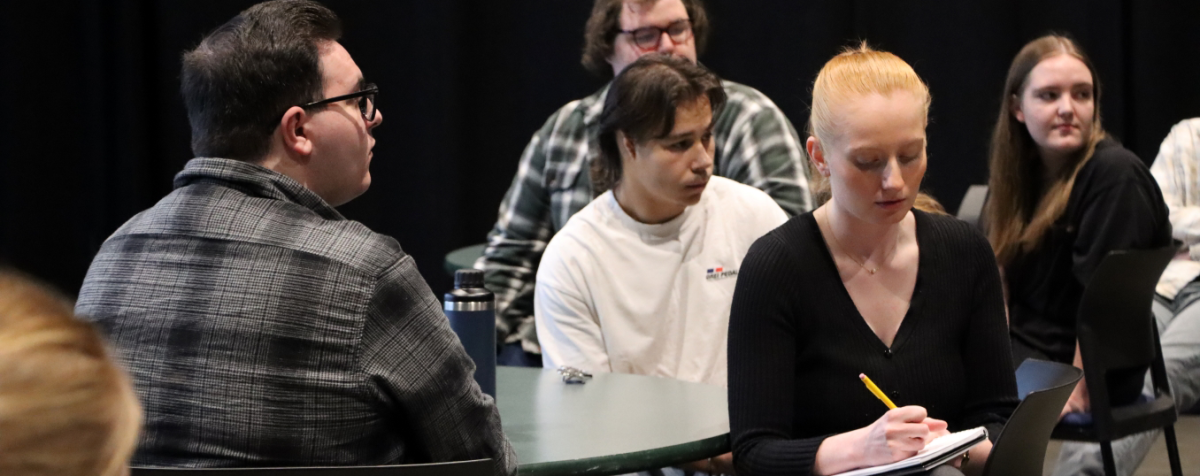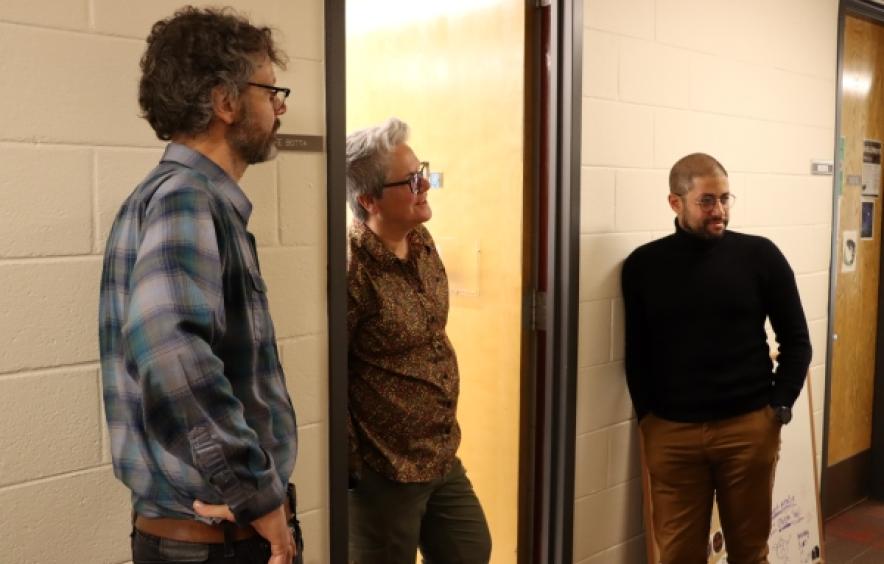Estlow Research
Our research, awards and programming foster conversations about the role of emergent digital media in protecting democratic freedoms. The Estlow Center is a platform for research projects that address relationships between media and social change. The yearly Estlow lecture and Anvil of Freedom award is given to a media professional or organization that upholds this commitment to democracy and journalistic innovation.
Faculty Fellows Research & Creative Work
Research Teams
Journalism and Activism
Journalism is a site where citizens, protestors, tech developers, hackers and PR professionals shape the news together. This research team explores power relations among journalists and other public actors in the digital era. The team investigates emergent digital tools, platforms and people to reconsider existing media environments.
Multicultural Journalism
Estlow Fellow Margie Thompson leads this team of researchers focused on newsroom diversity. The team examines intercultural competence, cultural sensitivity and multicultural journalistic practices. Their work is particularly invested in innovative ways to engage with communities of color that live up to our democratic ideals of a representative society.
Journalism and Technology
This research team, led by Assistant Teaching Professor Andrew Matranga, looks at changes in editorial design and digital strategy, social media, content management, and business analytics and data science. The team is developing the Open Book Classroom Model, an accountability system and conversation about individual and group progress in the classroom.
Young People and the Future News
Young People and the Future of News finds that young people are using technology not only to stay informed but to make news and change the culture of media worldwide. The research project and book are the result of a collaboration among Estlow Director Lynn Schofield Clark, Associate Professor in journalism and media studies at Rutgers University Regina Marchi, and a DU-based research team.
Local Journalism
Assistant Professors Kareem El Damanhoury and David Coppini, with research assistance from MFJS graduate students, produced a research study funded by the Colorado Trust to assess the affects of the COVID-19 pandemic on the news landscape in Colorado and to come up with recommendations to bolster the journalism infrastructure in the state.





